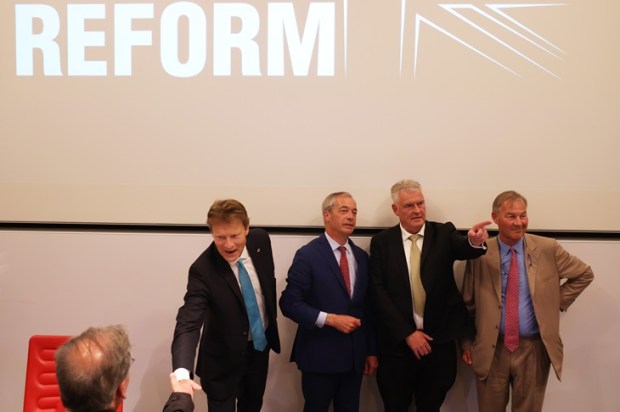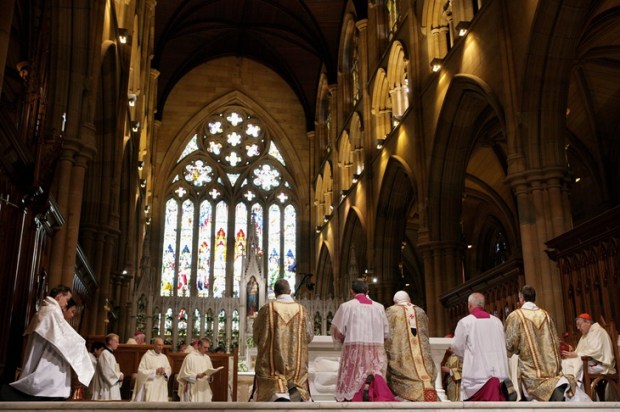What a journey my university experience has been…
Never would I have thought that this is what university would look like. Following my interest in the political world, and hoping to work in the sector in the future, three years ago I started my academic journey in political science and sociology expecting to receive an actual education and learn skills that would help me to succeed in the workplace. Well, what a disappointment that has been.
Education should be the cornerstone of intellectual growth, providing students with critical thinking and problem-solving skills that they will need to navigate the world. It should be a neutral place where minds are provided with a wide range of ideas to learn where they stand in the social and political world and to make informed decisions.
When I started my academic journey I was hungry to learn and to immerse myself in the vast ocean of knowledge that lay before me, exchanging ideas with people who had the same interests as me.
However, it did not take me long to learn that modern-day university is not a good place to be a conservative.
There are two types of people: one who is outspoken, not afraid of judgment, and who will challenge the status quo. Another is the person who is afraid of being labelled – who quietly puts their head down and ‘does what needs to be done’ to complete the subject and be done with it.
I, as you can probably guess, am in the first group. I have relentlessly challenged and questioned views that I did not understand or agree with – not to impose my views as superior, but because I expected to have productive debates in the academic environment. Sadly, I have been slowly sidelined in class, finding myself sitting at a table on my own with my grades penalised. I have had to walk through a campus covered with Aboriginal and Torres Strait flags, but no Australian flag in sight. When exposing the reality on social media, I have been attacked and told to ‘go back to my country’ and that I have no business in having a say in Australian matters.
I am a migrant, yes, but an Australian nonetheless, one who pays her taxes, contributes to society, and tries her best to make this a better place for all.
On another level, I found it extremely hard to complete assignments in many instances, either because of the topics or the way they were formulated. I was not ‘not allowed’ to challenge views on my papers and with the academic world infiltrated by Wokeness, it remains very hard to find academic sources to back conservative claims.
I will lay here a few other anecdotes from my journey.
The first is about the weeks prior to The Voice Referendum. In the Australian politics class, of course, the first topic was all about the referendum. During the tutorial, I entered into a discussion with an Australian girl. She was arguing that she personally stole Indigenous land. In disbelief, I asked how could have she done that, given that she wasn’t born when this supposedly took place. Neither were her parents. I also asked her about her identity as an Australian of many generations. If this is not also her land, where is? Where is the land that she calls home?
She had to think about this question for a few seconds, but eventually replied that Australia can be her home but not her land (whatever that means).
When the tutors and students talked about systemic oppression and disadvantage, I suggested that ‘maybe’ that could be attributable to socio-economic issues and location. It is hard to argue that First Nations people who live in urban areas are faced with different struggles from everyone else which may require them to take action, to make a sacrifice, or even relocate to areas where they can have more opportunities. Their struggles are not institutional. I myself have left my home, my family, and everyone I love behind in my homeland of Italy. I had to make a hard choice to improve my conditions. If others are not willing to do the same, they should not blame their hardship on ‘whites’ or a racist establishment.
To make another example, early in the course I enrolled in a subject (which I will refrain from specifying), thinking that it would provide me with useful knowledge when it comes to working in the political sphere. The lecturer spent half of the first lecture openly denigrating figures such as Donald Trump, Boris Johnson, and Matteo Salvini. He argued that today ‘educated people such as your(our)selves vote overwhelmingly for centre-left progressive parties’, suggesting that education and knowledge are the strongest predictors of voting preferences.
The lecturer casually (but not so much) explained through the Marxist lens that people have ‘false consciousness’ because by voting for subjects like Donald Trump they ‘don’t understand their own interests’.
He said that their interests require an overthrow of the system and, by extension, an advocating of socialism. On this line, it was argued that through ideology, right-wing parties convince the middle-class that capitalism and the free-market economy are most beneficial to the majority. However, while maintaining the ‘casual’ stance, the lecturer stressed that similarly to the false consciousness paradigm, people tend to be ‘poorly informed’ and ‘listen to the wrong people’, resulting in a bias by way of ideology without necessarily understanding the world. He then continued by saying that as more people go to university and get educated, it can be presumed that there will be a divergence towards the political left.
I withdrew from the subject after that first class, it being an elective, as I quickly understood I could not possibly learn anything useful or constructive from a class that lacked balanced views.
That brings us the real issue with the education system. Academics are able to push their personal ideology as facts onto an innocent class of students vulnerable to questionable curricula.
Still, I managed to get through the course and entered the last semester where I face a crossroad.
My last compulsory subject for the sociology major was ‘Social Sustainability’. By week three, I made the decision to challenge the university and withdraw. We are talking about topics such as ‘redeeming whiteness’, ‘climate justice’, ‘racial capitalism’, ‘cannibal capitalism’, ‘decolonisation’, ‘climate coloniality’, ‘white redemptive power’, and ‘queer Indigenous relationality’. When reaching out to the relevant offices at the university, I argued that I could not in good conscience (and will not) engage in a subject that is openly trying to dismantle and discredit the current economic system and portrays ‘whiteness’ as if it is a disease and by default, white people have something to be redeemed from.
I proposed to be assigned to an alternative subject, and was made aware that ‘usually’, being the subject compulsory, I would require completing it in order to qualify for graduation. Aware of the risks, I challenged the university and went all in. I went all the way to the Dean, I was palmed off from one office to another for three weeks before I was given an answer, but eventually I was assigned a different subject.
This takes us to my next point. After posting a video exposing this issue on social media, I was privately contacted by several students from different states and universities, and what emerged is that my experience is not an isolated one. This problem runs deep into the education system. How many people will stand up and challenge it? Clearly, by the way the university was caught by surprise, not many. After all, I risked throwing away all the hard work with the risk of not being able to graduate.
The better question is, why are students facing such challenges? Why do we have to choose between compromising on our values for the sake of ‘getting it done’, or else risk not graduating?
It is an unfair burden to put onto students and should not be happening in a democratic society.
I’m taking away very little from my academic journey. When I started my internship in Senator Malcolm Robert’s office, I found myself highly unprepared and blind about practical political processes.
Again, one would expect university to prepare you for the workplace, but ideology seems to take priority more often than not.

























